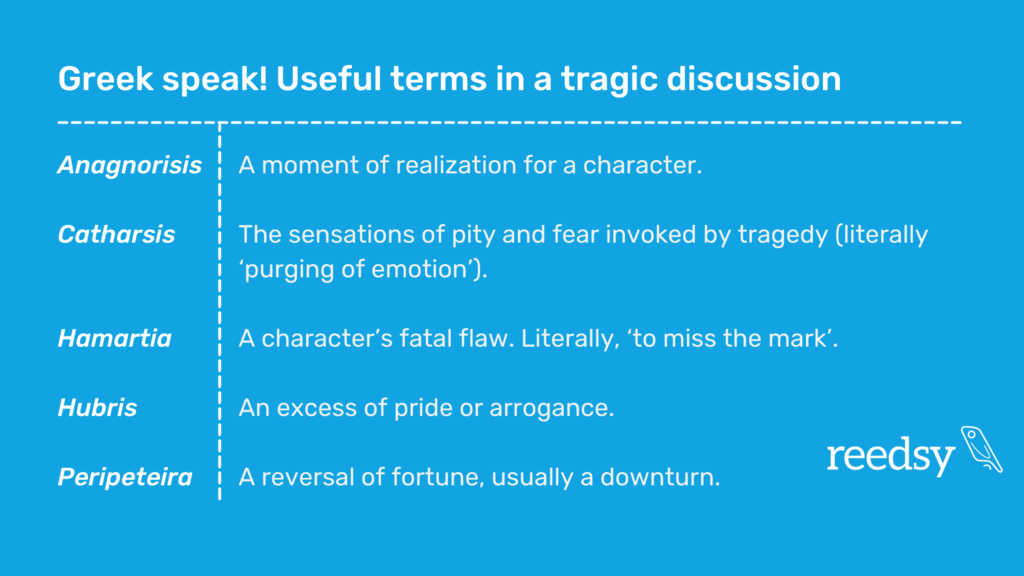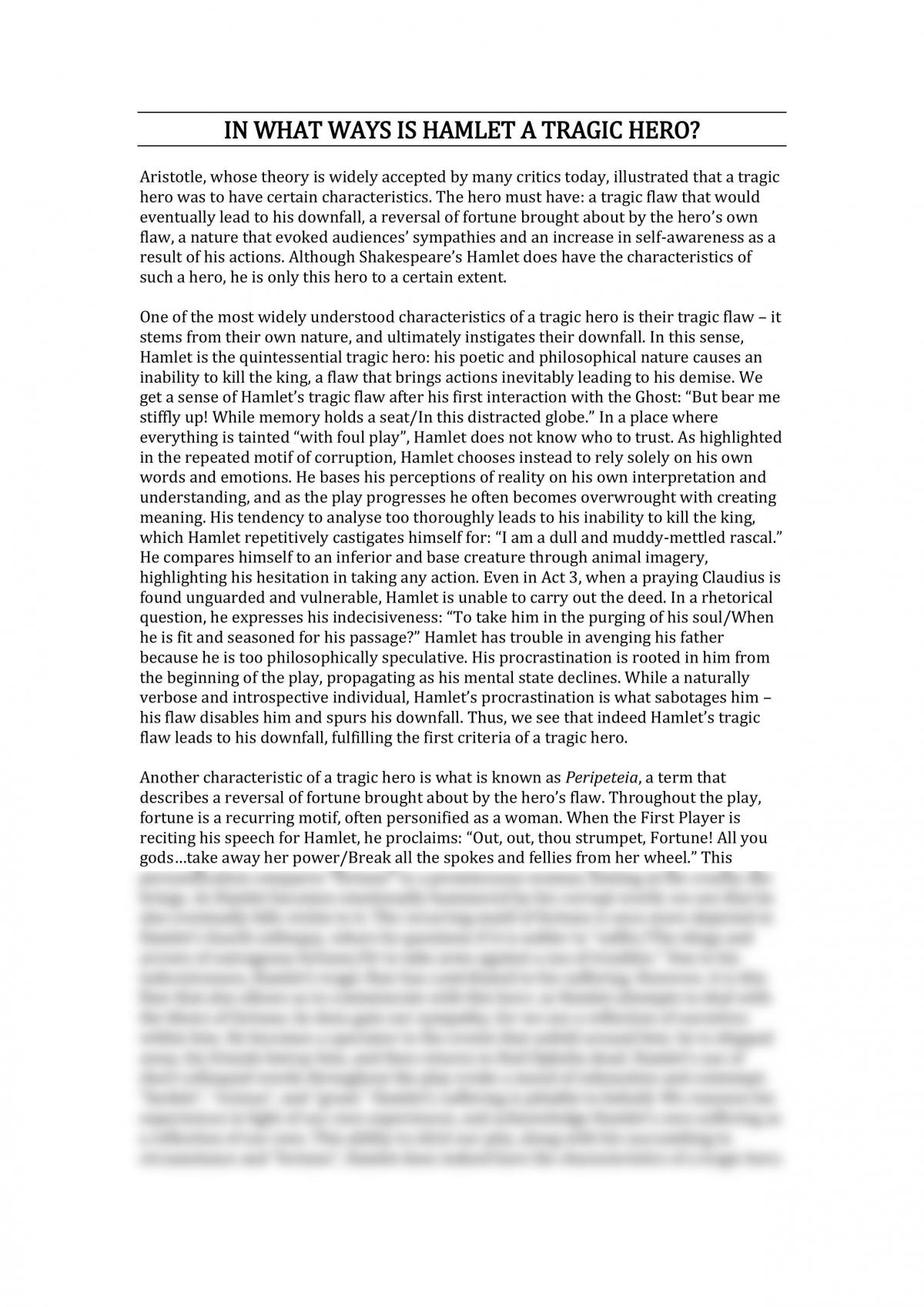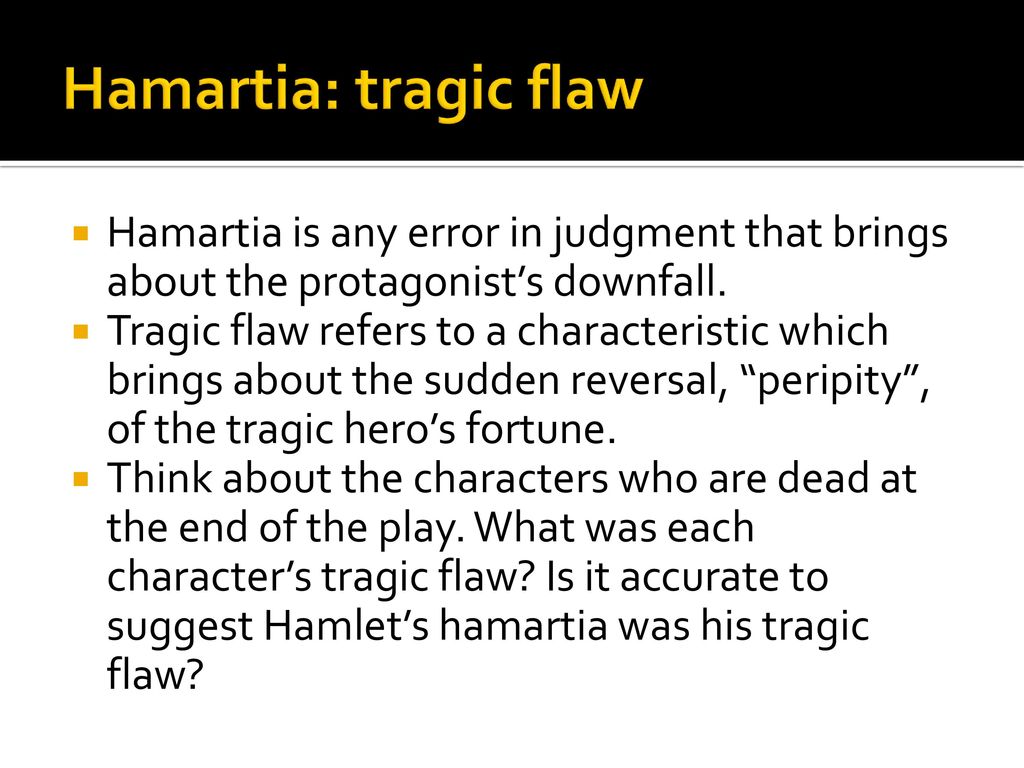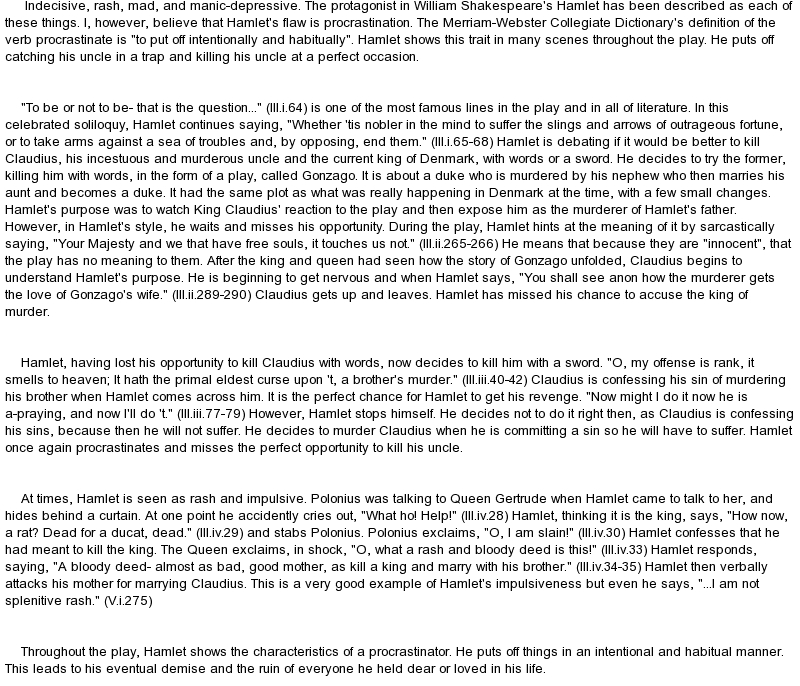In William Shakespeare's play "Hamlet," the titular character is a complex and deeply flawed individual. One of the central themes of the play is the tragedy of these flaws, and how they ultimately lead to the downfall of the protagonist. Among the many flaws that Hamlet possesses, his tragic flaw is arguably his indecisiveness and inability to take decisive action.
Throughout the play, Hamlet is faced with a number of difficult choices and challenges. His father, the King of Denmark, has been murdered by his own brother, Claudius, who has then taken the throne and married Hamlet's mother, Gertrude. Hamlet is filled with grief and rage over these events, and he is determined to avenge his father's death. However, he struggles to find a way to do so, constantly vacillating and second-guessing himself.
One of the key factors that contributes to Hamlet's indecisiveness is his intellectualism and his tendency to overthink things. He is a deeply reflective and philosophical character, constantly questioning and analyzing the world around him. This can be seen in his famous soliloquies, in which he grapples with complex moral and ethical issues. While this intellectual curiosity is one of Hamlet's strengths, it also becomes a weakness, as he is unable to act on his convictions due to his constant contemplation and doubt.
In addition to his intellectualism, Hamlet is also prone to procrastination. He has several opportunities to take revenge on Claudius, but he constantly puts off doing so, citing various reasons such as not wanting to kill the king while he is praying or not wanting to kill him while he is engaged in sinful behavior. These delays ultimately prove to be costly, as Claudius becomes increasingly suspicious of Hamlet and takes steps to protect himself.
Ultimately, Hamlet's indecisiveness and inability to take decisive action lead to his tragic downfall. He is unable to fulfill his mission of avenging his father's death, and his actions ultimately lead to the deaths of several other characters, including his beloved Ophelia. His tragic flaw is a key factor in the tragic events of the play, and serves as a cautionary tale about the dangers of indecision and inaction.





